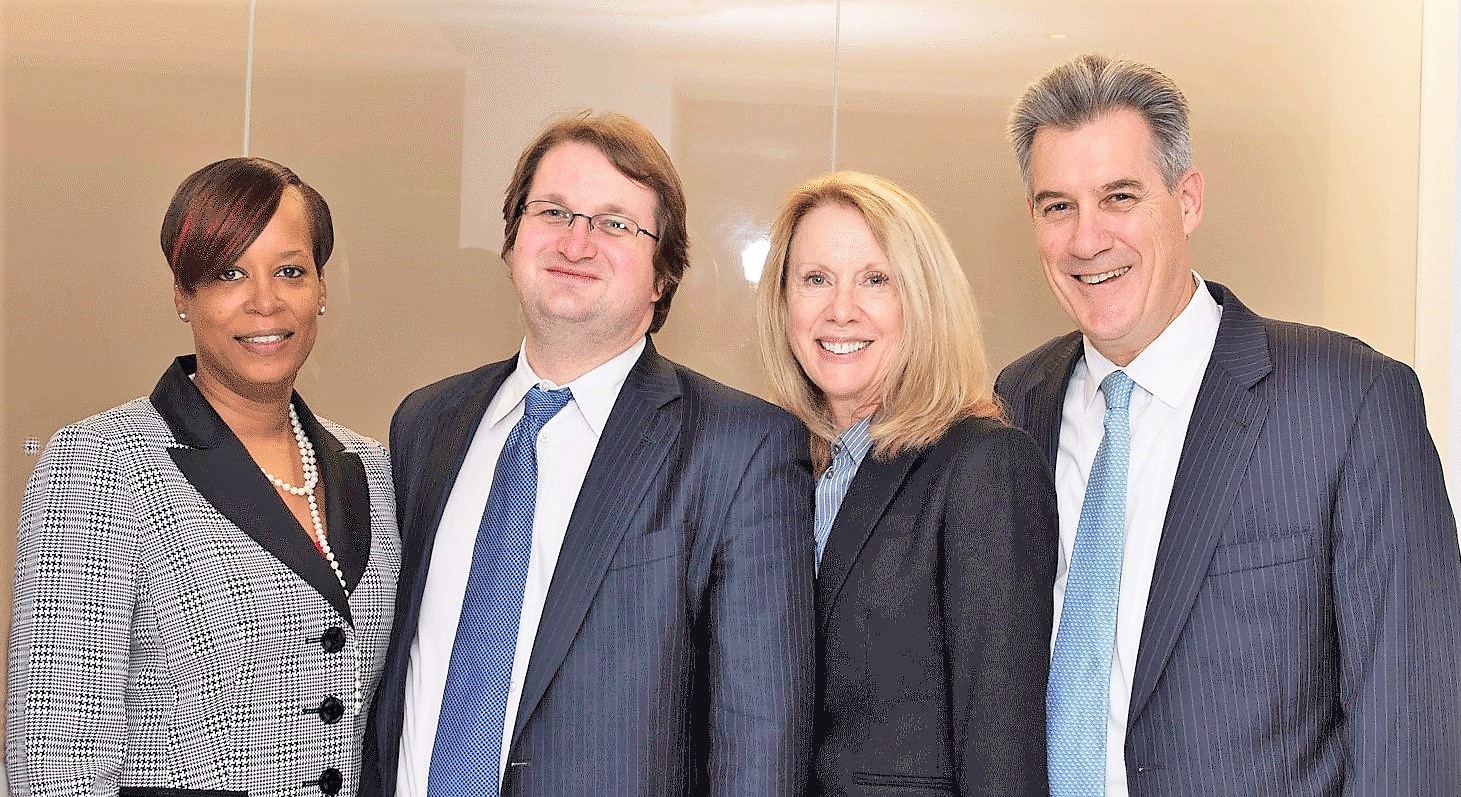Blog
Tax-Dollar Priorities: Mass Incarceration or Education?
Spending on Mass Incarceration Far Exceeds Education Outlays
There is an oft-repeated adage that budgets are moral documents, reflecting the values of the people who created them. What does it say, then, that the United States continues to spend more and more money on mass incarceration, locking up its citizens while at the same time cutting funding for higher education? Are Americans more criminal than people elsewhere, or are our priorities and policies badly skewed?
In 1980, approximately 220 of every 100,000 people in the United States were incarcerated. Now, the U.S. incarceration rate is a staggering 716 per 100,000 residents, many times higher than any other country in the world. While we represents about 4.4 percent of the world’s population, the United States incarcerates around 22 percent of the world’s prisoners. In July 2016, the U.S. Department of Education (DOE) reported that mass incarceration rates have increased despite large decreases in crime rates of more than 50 percent between 1980 and 2014.
According to the Bureau of Justice Statistics, the number of people incarcerated in state and local facilities more than quadrupled, rising from about 490,000 in 1980 to over 2 million in 2014, due in part to the enactment of additional, often lengthy mandatory minimum sentence laws. Approximately one-quarter of these inmates are imprisoned on non-violent drug charges.
During the same period, state spending for public higher education was cut by nearly one-third nationwide. Massachusetts has not been exempt from this trend. Although Massachusetts (-2%) and New Hampshire (-1%) were the only two states in which the rate of increase in per capita corrections spending did not outpace the rate of increase in per-pupil education spending, from 1979-80 to 2012–13 in Massachusetts state and local corrections expenditures rose 63% compared to public PK–12 expenditures. Massachusetts is one of 11 states that spends more on its prison systems than public universities.
Incarceration Brings Life-Long Consequences
Of course, all this prison spending does more than just impact the cost of a public college. It puts a whole population of people at risk of being dependent on the system – or even worse, shuttling in and out of prison – for their entire life. The DOE report notes that “Investments in early childhood education can lead to reduced incarceration later in life, in part through improving educational attainment.”
Going to prison makes it extremely difficult to later gain an economic foothold. According to research by the education group Public Administration, approximately 60 percent of ex-convicts remain unemployed a year after release. By contrast, the unemployment rate among recent college graduates is around 12 percent. The disparity does not stop there: ex-convicts can expect a median income of about $22,000 per year, while the median annual income for college graduates is approximately $55,000.
Many employers simply refuse to hire people who have a criminal conviction, let alone someone who spent time in prison. While employers in Massachusetts generally may not include a question about convictions on an application, beyond that stage they may access criminal record information, including cases continued without a finding but not yet dismissed. Anyone with a criminal record should consider petitioning the courts to seal the record from access by an employer (and the public).
Click here to Learn More about Sealing a Criminal Record
The negative effects of mass incarceration extend well beyond employment and income. In nearly all states, prisoners lose their right to vote. In Massachusetts, that right is restored after release, but many states impose much lengthier bans on felon voting. Some ban felons from voting for life. In addition, many former inmates find it difficult to qualify for food assistance, student loans, visitation time with their children and a whole host of other rights and privileges that most people take for granted.
Are We Creating a Permanent Underclass?
Many worry that the trend toward mass incarceration is creating a second class of citizens destined to lag behind their peers. While some young people head off to college, others from less-fortunate backgrounds get caught up in the cycle of poverty and addiction that so often leads to incarceration. This disparity tends to affect minority communities the most – as of 2007, there were three times as many African-American people living in prisons than in college dorms. The rate for Hispanic Americans was only slightly lower, with 2.7 prisoners for every dormitory resident.
None of this is to say that people who commit serious crimes shouldn’t be held accountable for their actions. But, these statistics show that our current trend toward widespread mass incarceration and lengthy prison sentences is not the way to build a better society. A more compassionate model that focuses on providing opportunities to people who might otherwise become entangled in the criminal justice system would prove more effective.
In the meantime, the negative impacts of incarceration make it all the more important for people charged with crimes to vigorously defend their rights. Even if the charge cannot be completely beaten, an experienced criminal defense attorney may be able to minimize the consequences of a conviction.
Contact Us

 Our Boston criminal defense attorneys can help protect your record, or help to seal it.
Our Boston criminal defense attorneys can help protect your record, or help to seal it.
Please contact our firm at 617-523-4300 to schedule an initial consultation.
One of our attorneys is a native bilingual speaker in Spanish and English, and another is fluent in French.
Share This:

